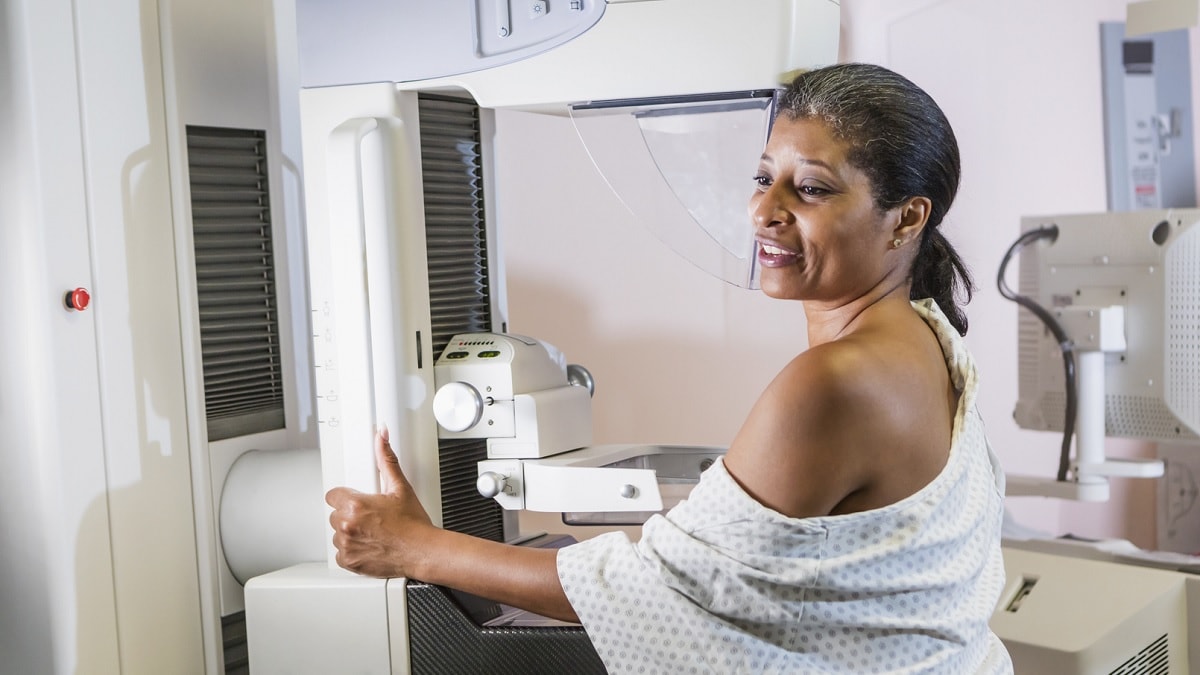What to know
Screening tests can find breast, cervical, colorectal (colon), and lung cancers early.

Overview
CDC supports screening for breast, cervical, colorectal (colon), and lung cancers as recommended by the US Preventive Services Task Force (USPSTF).
Screening means checking your body for cancer before you have symptoms. Getting screening tests regularly may find breast, cervical, colorectal (colon), and lung cancers early, when treatment is likely to work best.
Cancer Doesn't Wait
In this video, Dr. Lisa Richardson, Dr. Robert W. Carlson, and Dr. Laura Makaroff talk about the importance of routine cancer screenings.
Breast cancer
For many women, mammograms are the best way to find breast cancer early, when it is easier to treat. Mammograms can find cancer before it is big enough to feel or cause symptoms.
Cervical cancer
The HPV test and the Pap test can help prevent cervical cancer or find it early.
- The HPV test looks for the virus (human papillomavirus) that can cause cell changes on the cervix.
- The Pap test (or Pap smear) looks for precancers, cell changes on the cervix that might become cervical cancer if they are not treated appropriately.
Colorectal (colon) cancer
Colorectal cancer almost always develops from precancerous polyps (abnormal growths) in the colon or rectum. Screening tests can find precancerous polyps, so they can be removed before they turn into cancer. Screening tests also can find colorectal cancer early, when treatment works best.
Lung cancer
The USPSTF recommends yearly lung cancer screening with low-dose computed tomography (LDCT) for people who:
- Have a history of heavy smoking, and
- Smoke now or quit within the past 15 years, and
- Are between 50 and 80 years old.
Other types of cancer
Screening for ovarian, pancreatic, prostate, testicular, and thyroid cancers has not been shown to reduce deaths from those cancers. The USPSTF found too little evidence to assess the balance of benefits and harms of screening people without symptoms for bladder cancer, oral cancer, and skin cancer.